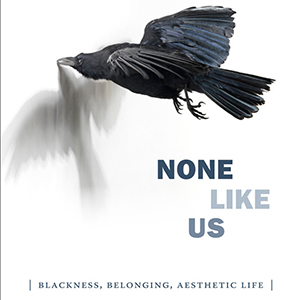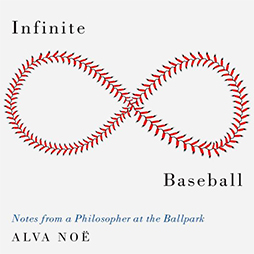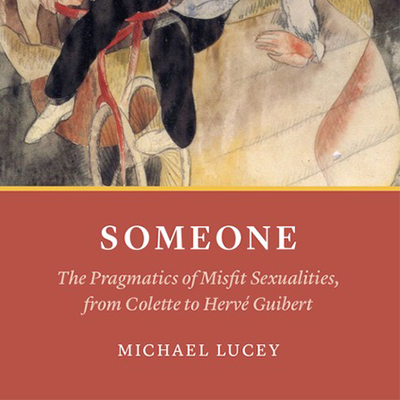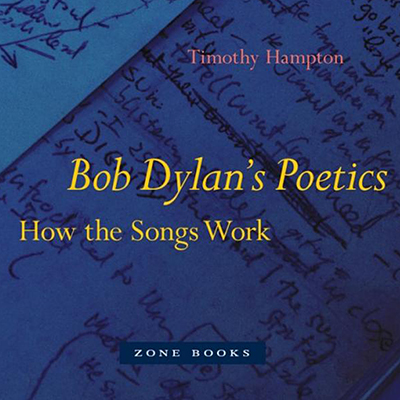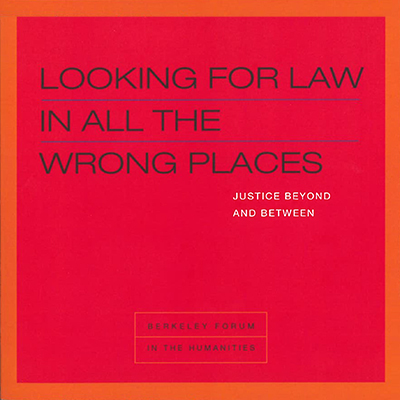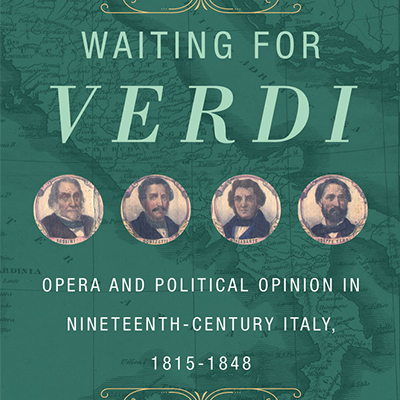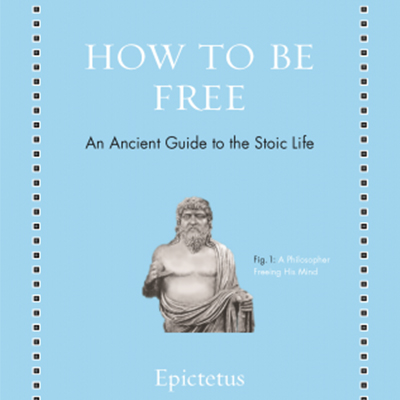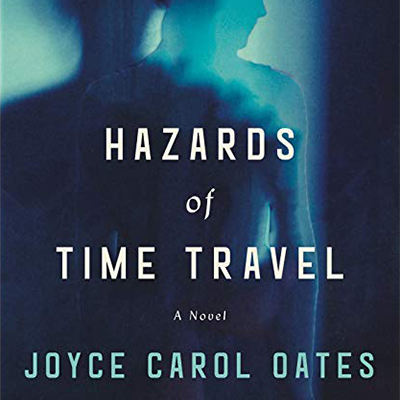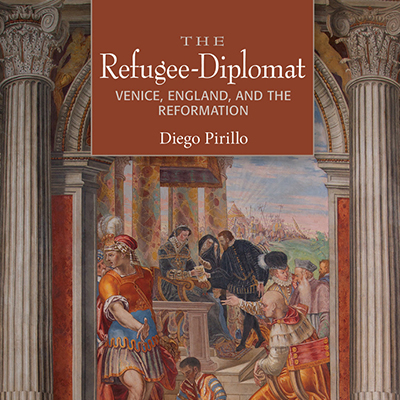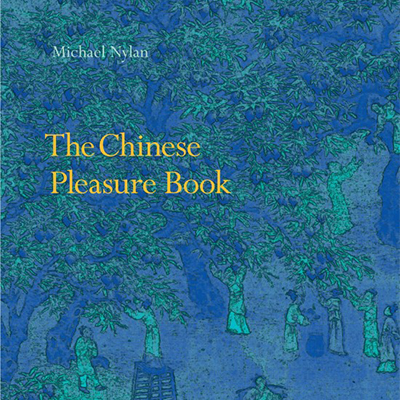The Townsend Center presents a lunchtime series celebrating the intellectual and artistic endeavors of the UC Berkeley faculty. Each Berkeley Book Chat features a faculty member engaged in conversation about a recently completed publication, performance, or recording. The series highlights the extraordinary breadth and depth of Berkeley’s academic community.
Hannah Zeavin tells the complicated story of American techno-parenting, for an object lesson in how using technology in our most intimate relationships became a moral flash point.
Fiona McFarlane's gripping collection of short stories explores the reverberations of a serial killer’s crimes in the lives of everyday people.
Mark Goble explores how slow motion in film and literature reveals a deep cultural fascination with the uneven speeds of modern life and our ability to comprehend them.
Concrete Encoded: Poetry, Design, and the Cybernetic Imaginary in Brazil
Nathaniel Wolfson shows how the concrete movement in art and poetry — which burst onto Brazil’s cultural stage in the 1950s, during a dizzying period of modernization — presciently grappled with an emerging information age.
In his exploration of plays named after objects, Mario Telò offers a new approach to the politics of familial and social relations in Roman comedy.
Past Events
Questioning the assumption that the slave past provides an explanatory prism for understanding the black political present, Stephen Best offers a new way of understanding the constitution of black subjectivity.
Alva Noë explores the many unexpected ways in which baseball is truly a philosophical kind of game — a window on language, culture, and the nature of human action, intertwined with deep and fundamental human truths.
Someone: The Pragmatics of Misfit Sexualities, from Colette to Hervé Guibert
Imagine trying to tell someone something about yourself and your desires for which there are no words. Michael Lucey examines characters from 20th-century French literary texts whose sexual forms prove difficult to conceptualize or represent.
Timothy Hampton’s close examination of Bob Dylan's songs locates the artist’s transgressive style within a long history of modern (and modernist) art.
Looking for Law in All the Wrong Places: Justice Beyond and Between
For many, the right place to look for law is in constitutions, statutes, and judicial opinions. This book looks for law in the “wrong places” — in the realms of language, text, image, culture, and other sites in which no formal law appears.
Waiting for Verdi: Opera and Political Opinion in Nineteenth-Century Italy, 1815-1848
Mary Ann Smart explores how nineteenth-century Italian opera sparked political change by turning the newly engaged spectator in the opera house into an actor on the political stage.
How to Be Free: An Ancient Guide to the Stoic Life
Born a slave, the ancient Roman Stoic philosopher Epictetus taught that mental freedom is supreme, since it can liberate one anywhere, even in a prison. Anthony Long presents a new edition of Epictetus’s famed handbook on Stoicism.
Joyce Carol Oates’s latest novel is the dystopian story of a young woman living in a bleak future dictatorship, who is punished for her transgressions by being sent back in time.
Diego Pirillo offers a new history of early modern diplomacy, centered on Italian religious refugees who left Italy in order to forge ties with English and northern European Protestants in the hope of inspiring an Italian Reformation.
Michael Nylan explores the concept of “pleasure”—including both short-term delight and longer-term satisfaction—as understood by major thinkers of ancient China.





